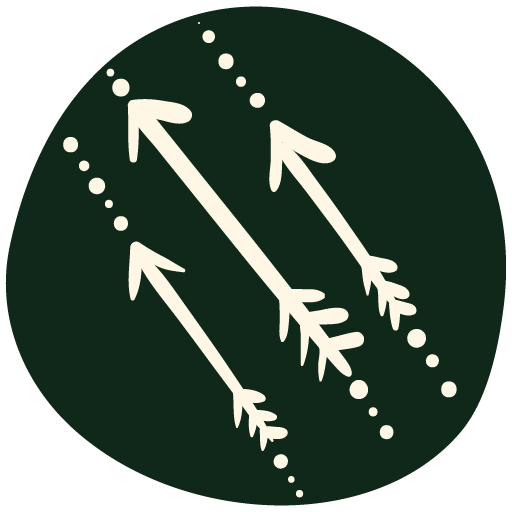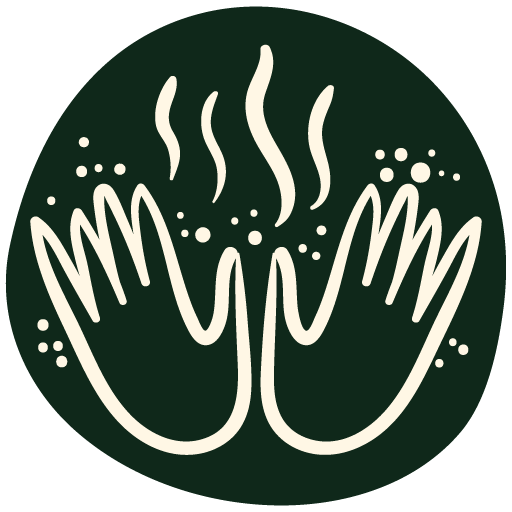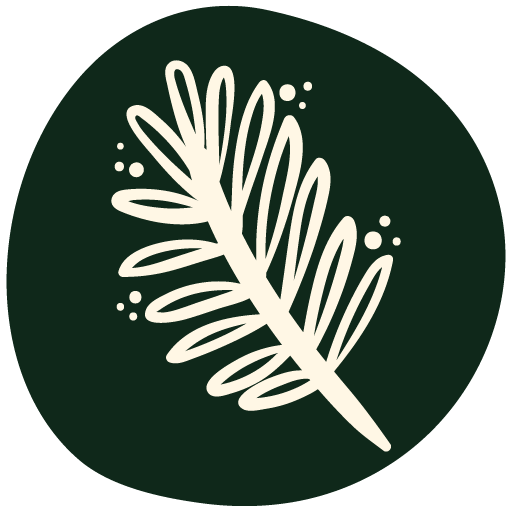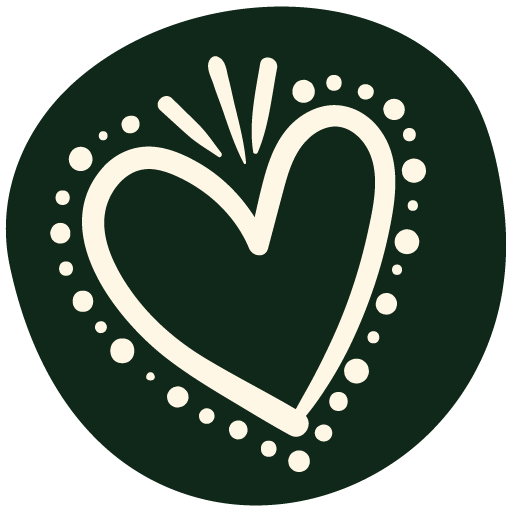Check out our Healing Center
·
Check out our Healing Center ·

Our services
CURRENTLY IN DEVELOPMENT, OUR SERVICES WILL BE READY FOR IMPLEMENTATION IN 2022.

STAR
Shelter, Transitional Assistance, and Relocation
Every person deserves to be free from violence and abuse.
We create safe spaces by offering:
Crisis sheltering to provide safety during crisis and emergency situations
Relocation assistance to assist program participants in relocating after fleeing/leaving an abusive situation
Transitional assistance to help support program participants become economically stable after domestic violence, and through sexual assault sheltering services
In our past, when a couple came together it was the men who left their families and communities to live with the woman’s family. This helped ensure that the women and children were treated with kindness and respect. When a woman was mistreated, she would only have to put the man's things outside. The tribal community would know that he was no longer wanted and would help enforce her decision, keeping her safe from harm. Even during the time of colonization and through King Phillip's War, both English and Wampanoag women who were ordered to corporal punishment for being disobedient fled from colonial authorities to Wampanoag territories for protection.

SUN RISE
Services for Urban Natives that Respect Indigenous Sovereignty and Experiences
We will create allyships with non-Native entities and build relationships with tribes and Native organizations to respond to the gaps in culturally relevant services.
The SUN RISE program is a partnership between Kinship Heals and other domestic violence/sexual assault programs to meet the needs of urban Natives seeking services.
In our past, female leaders called Saunkskwas and male leaders called Sachems cultivated diplomatic relationships across the region.

RAIN SYSTEM
Red Alert Indigenous
Notification System
RAIN System will be a coordinated response to when a Native person goes missing in the Northeast, increasing visibility, improving response, and ultimately improving the chance of a positive outcome.
Like tribal leaders like Weetamoo in our past, we will use a coordinated response, as well as non-Native systems, to keep our people safe.

CARE
Ceremony, Advocacy, Resources, and Experience
In our work with victims/survivors, we will never tell people that we know best.
We believe in supporting the decisions that are made by program participants. As tribal advocates, we work with our program participants as relatives and kin. As good relatives, we provide explanations of all options, walk beside program participants, and provide access to healing spaces. Our CARE services provide connection and healing, and restore balance.
CARE includes:
SAFESTARS
Advocacy (legal, health, education, cultural)
Accompaniment (court, medical, law enforcement)
Crisis intervention (immediate, ongoing, and response to prior victimizations)
Circles of support (support groups)
Ceremony for healing and restoration.
In our past, women lived among their female relatives. In tribal communities, multiple generations of women worked and lived together in complex intertwined relationships, providing support and protection for each other.

FEAST
Food Equity and
Sovereignty Traditions
Physical, emotional, and spiritual nourishment and bonds of kinship are essential to well-being. Like Weetamoo, who took care of her people by making sure everyone was fed, we will grow Three Sisters Gardens to build health and strong relationships. We will work with food equity partners to provide a stable food pantry, as well as provide Indigenous foods.
FEAST includes:
Building food security with food equity partners
Increasing access to Indigenous foods, increasing the amount of people eating Indigenous foods, and increasing the number of tribal people who have knowledge around Indgenous foods
Three Sisters Gardens: Growing a traditional Three Sisters Garden requires many hands and hours to be successful, but fosters strong kinship bonds.
Growing and braiding of Sweetgrass
In our past, women controlled the gardens and food disbursement.


PEACE
Prevention, Education, Awareness, and Community Engagement
We will use our culture to teach and create safe and healthy communities, through:
Youth education
Community education
In our past, there was no domestic violence, rape, or violence against women, with no words in any Native language for such things.
